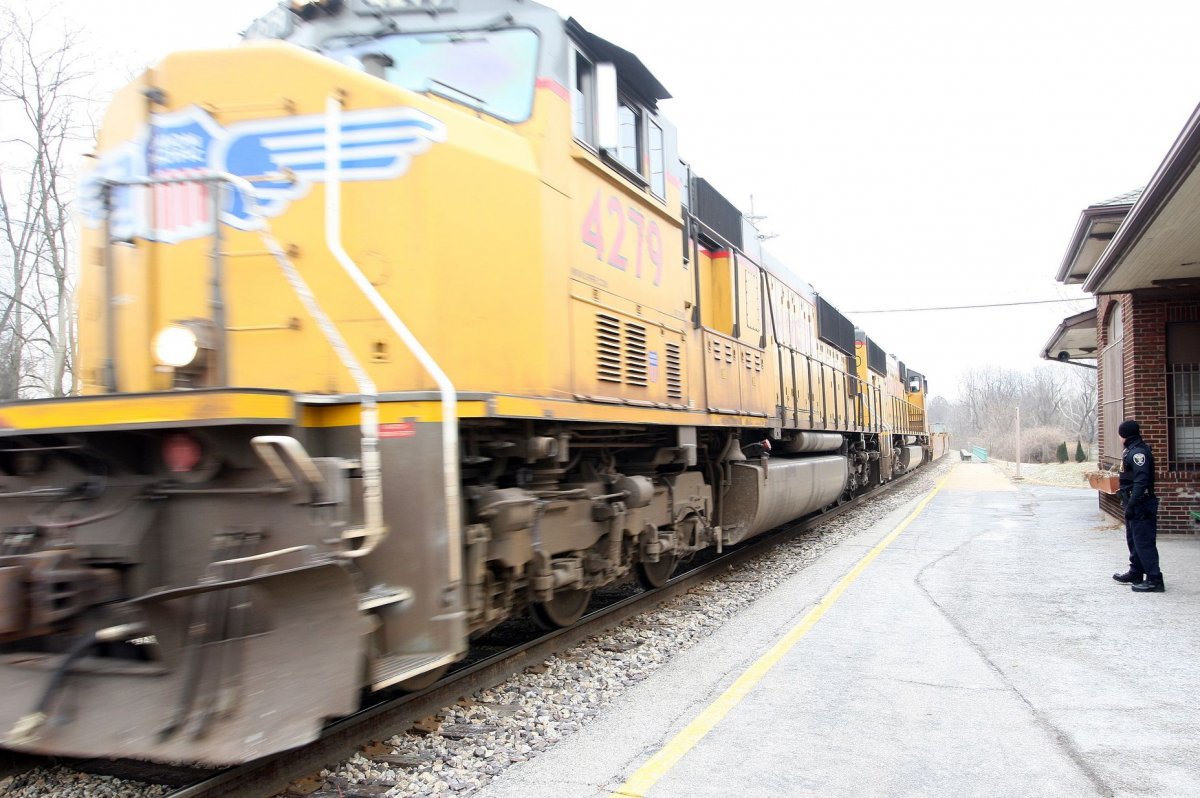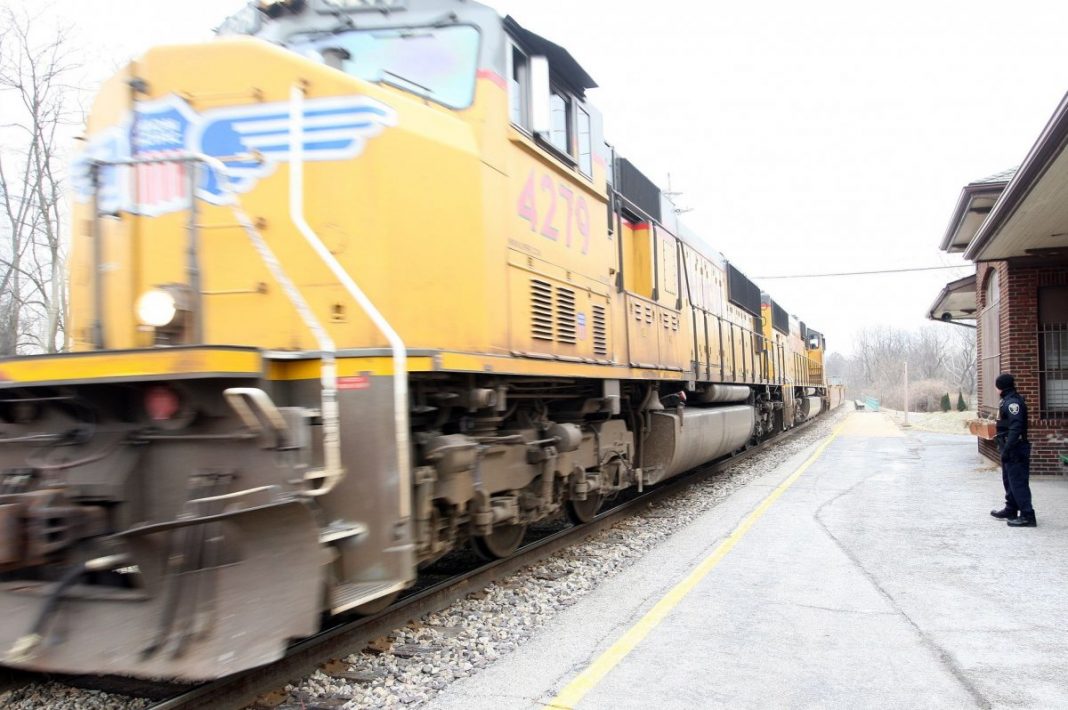
Oct. 26 (UPI) — The threat of a crippling nationwide freight rail strike next month gathered speed Wednesday after a second railroad union rejected a tentative labor agreement.
The Brotherhood of Railroad Signalmen, which represents more than 6,000 workers who install and repair signal systems, voted down the proposed four-year deal, brokered by the Biden administration last month, with 60.5% against the agreement and 39.2% voting for it.
“For the first time that I can remember, the BRS members voted not to ratify a National Agreement, and with the highest participation rate in BRS history,” Michael Baldwin, president of the BRS, said in a statement.
BRS is the second union to reject the proposed agreement. Earlier this month, the Brotherhood of Maintenance of Way Employees District, which represents 23,000 track maintenance workers, rejected a similar deal.
Both unions have signaled Nov. 19, as a possible strike date. While six other unions have approved the labor deal, a strike by any one of the 12 freight rail unions would prevent others from crossing a picket line.
Congress would face pressure intervene before any strike could grind freight rail service to a halt before the holidays. A walkout would sever supply chains across the country and cripple the economy, according to an industry report.
The National Carriers’ Conference Committee, which represents management at more than 30 railroads, said it was “disappointed” with the latest voting results, but added that with the current cooling-off period “the failed ratification does not present risk of an immediate service disruption.”
The cooling-off period ends as early as Nov. 19, and gives negotiators “adequate time, we believe, to continue their work and ensures that our economy is under no immediate threat,” White House press secretary Karine Jean-Pierre said earlier this month.
Last month, President Joe Biden celebrated the tentative deal which gives union members an average 24% pay increase over five years, improved working conditions and caps on what they have to pay for healthcare. But the deal did not include paid sick leave, which was a major obstacle in the negotiations.
The 20-hour marathon bargaining session and tentative deal, reached on Sept. 15, averted a strike. While work rules slowed negotiations, conductors and engineers won some concessions for being forced to be on call seven days a week due to staffing shortages.
BRS agreed stress was a big reason its members voted Wednesday against the agreement, blaming railroads that “failed to recognize the safety-sensitive and highly stressful job BRS members perform each day to keep the railroad running and supply chain flowing,” Baldwin said. “Without Signalmen, the roadways and railroad crossings would be unsafe for the traveling public, and they shoulder that heavy burden each day.”
